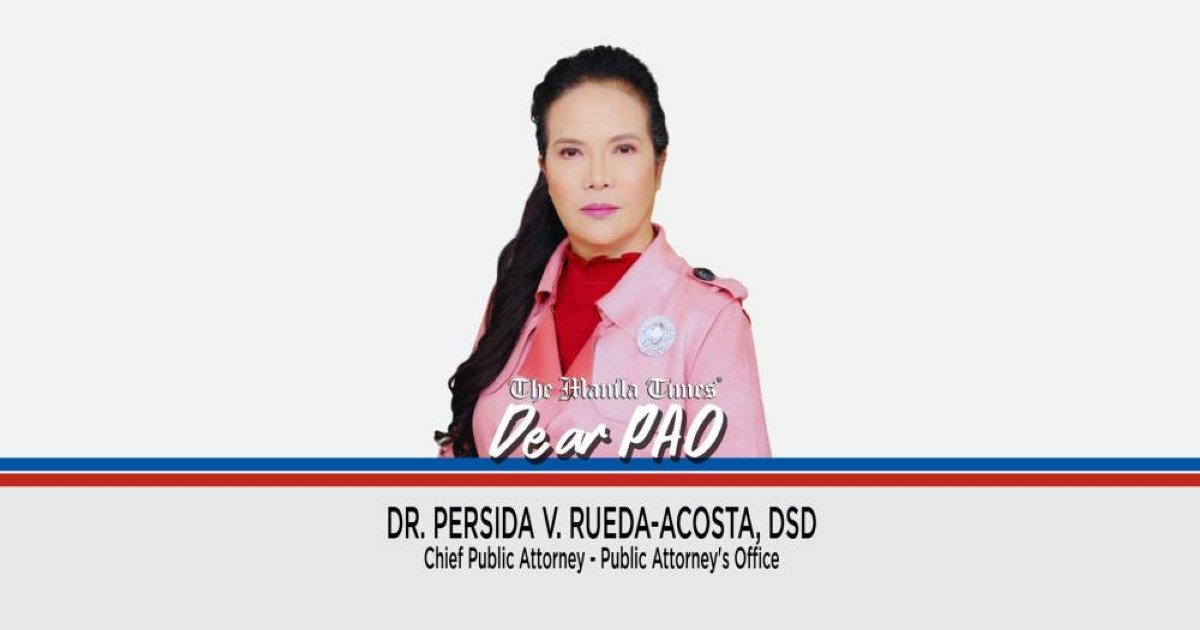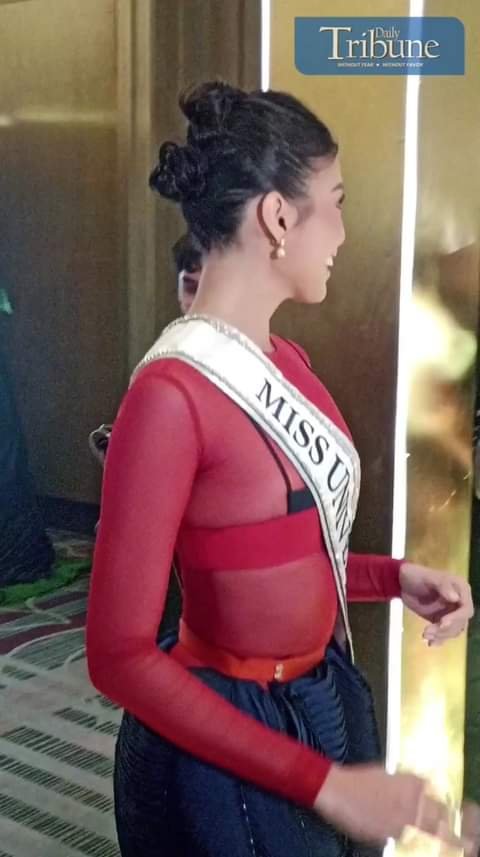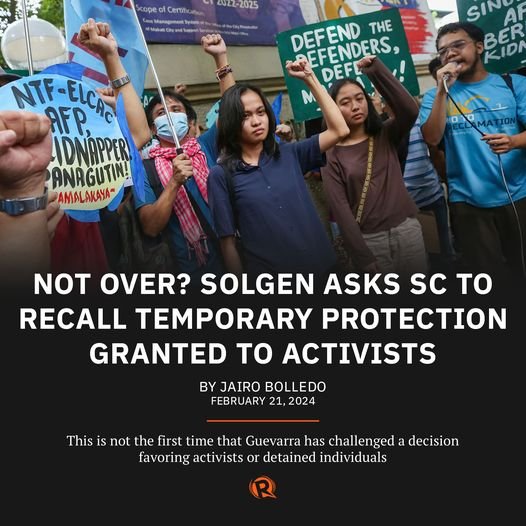Dear PAO,
My sister’s friend was a victim of a stabbing incident. The assailant pretended to be a customer of her food kiosk, and, out of nowhere, he stabbed her two times with a knife. My sister was told the assailant was already carrying the knife when he went to the kiosk. The victim’s family wants to pursue a case against the assailant, who, as it turned out, is the brother of the owner of another food kiosk in the same food compound. There seems to be an unfriendly competition between a few merchants there. The family wants to know if the swift and unexpected attack can be considered a form of treachery.
Sherwin
Dear Sherwin,

Treachery is considered one of the aggravating circumstances under our law. To be specific, Article 14 of the Revised Penal Code states:
“Article 14. Aggravating circumstances. The following are aggravating circumstances: x x x
“16. That the act be committed with treachery (alevosia).
“There is treachery when the offender commits any of the crimes against the person, employing means, methods, or forms in the execution thereof which tend directly and specially to insure its execution, without risk to himself arising from the defense which the offended party might make.”
It can be deduced from the aforementioned provision that for an act to be considered treacherous and appreciated as an aggravating circumstance, it is necessary for the complainant to specify what means, method, or manner of execution was employed by the assailant and to establish that the latter purposely chose such means, method, or manner to ensure the commission of the crime and that there is unlikely an opportunity for the intended victim to defend himself or herself.
Certainly, all of the surrounding facts and occurrences relating to the stabbing incident of your sister’s friend will be taken into consideration and should likewise be proven beyond reasonable doubt in order for treachery or alevosia to be considered as an aggravating circumstance. This includes the fact that the assailant was already carrying a knife when he went to the victim’s kiosk and the unforeseen swift attack on the victim, which precluded her from putting up any defense against him.
In one case, the Supreme Court, in emphasizing the elements of treachery, appreciated the sudden and swift attack of the assailant, who posed as a customer of the establishment where the shooting incident transpired, as treacherous:
“Paragraph 16 of Article 14 of the Revised Penal Code (RPC) defines treachery as the direct employment of means, methods, or forms in the execution of the crime against persons which tend directly and specially to ensure its execution, without risk to the offender arising from the defense which the offended party might make.
“In order for treachery to be properly appreciated, two (2) elements must be present: (1) at the time of the attack, the victim was not in a position to defend himself; and (2) the accused consciously and deliberately adopted the particular means, methods or forms of attack employed by him. The essence of treachery is the sudden and unexpected attack by an aggressor on the unsuspecting victim, depriving the latter of any chance to defend himself and thereby ensuring its commission without risk of himself.
“The uniform finding of the RTC and CA that Capongol suddenly and unexpectedly shot Josephine inside the restaurant remains undisputed. The fact that Capongol casually entered and ordered iced tea before firing successive shots could not have forewarned Josephine of the harm that Capongol was about to inflict upon her. That alevosia or treachery attended the killing of the victim was apparent from the fact that Capongol deliberately made it appear that he was a regular customer, thereby ensuring that Josephine would not suspect or put on a defense against the attack.” (People of the Philippines v. Julius Capongol y Maico and Arwin Bio y Villeza, GR 239783. Jan. 12, 2021, Ponente: Honorable Associate Justice Rodil Zalameda, emphasis supplied)
We hope that we were able to answer your queries. This advice is based solely on the facts you have narrated and our appreciation of the same. Our opinion may vary when other facts are changed or elaborated on.
Editor’s note: Dear PAO is a daily column of the Public Attorney’s Office. Questions for Chief Acosta may be sent to [email protected]










